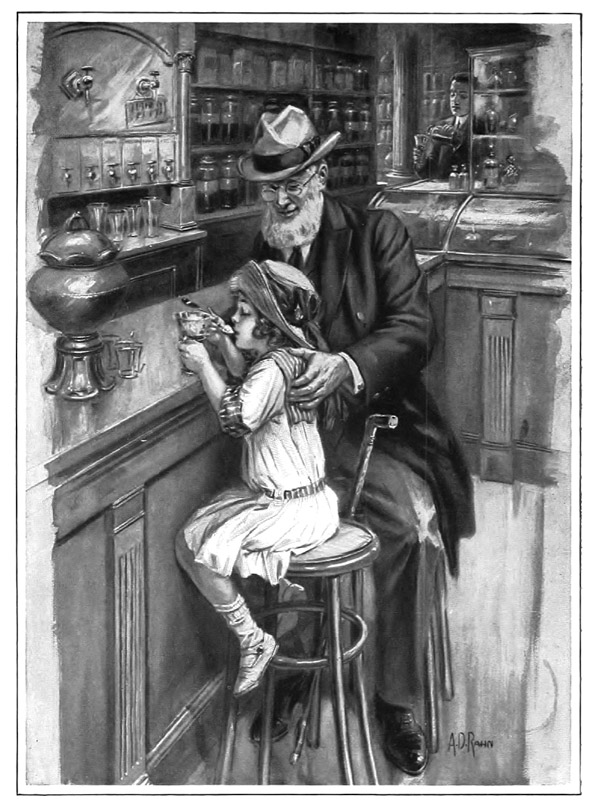
The three-power occupation of Iran, which began in 1941 and did not end until the Russians finally left in 1940, took the form of zoning. It therefore tended to reduce communications, not to improve them as they were improved in Egypt or Syria. Thus the provinces retained their ancient isolation, and the peasant his ignorance of anything beyond his immediate surroundings and his daily needs. Moreover, allied preoccupation with the long, thin lifeline to Russia caused impoundings of transport and a dislocation of supplies which rendered the foreigner unwelcome and unpopular. So did a tremendous upset of prices and an inflation which, over the five-year period, enabled a few merchants and landowners to enrich themselves beyond their prewar dreams, while the public servant and the vast majority of the peasants found themselves hungrier and poorer than before. No one likes being elbowed aside while his country is occupied. World War II, therefore, increased the Iranian’s long-standing dislike of self-interested foreigners. It also on the whole increased the scandalous disparity between the few Iranian rich and the many Iranian poor. —“Lessons from Iran,” Elizabeth Monroe, Virginia Quarterly Review (first published in 1952)
Who wouldn’t want to steal their music via hot air balloon?
God plus graphic, transcribed;
super soaker solar savior!
During my last semester in graduate school, I made a lot of unexpected friends. I’d meet them in the card room above the OTB on 72nd and Broadway, or I’d meet them over Recession Specials at the Gray’s across the street, or I’d meet them in the poker pit at the Tropicana, or I’d sit next to them on the 5 a.m. bus from Atlantic City, trying not to think about what it meant that these were the only sunrises we saw anymore—the washed-out sun peeking out over the white, industrial cylinders of north New Jersey. My friends and I never really talked about anything. Mostly, we muttered about the bad beats we’d taken, each new friend a companion in losing. Sometimes, they would talk about the tits on some female dealer and we’d all smile in recognition. Once, an old Saudi man who sat to my left in a 5-5 No Limit Hold ‘em Game at the New York Players Club told me that he missed the openness of the Middle East. When I started to laugh, he said he was talking about the flatness of the earth and the architecture, not the people. —“The High is Always the Pain and the Pain is Always the High,” Jay Caspian Kang, The Morning News
Don’t ask, don’t tell–don’t be ridiculous;
Aqua Buddha can run, but can he hide?
a camera does not a terrorist make
Creationists have been fixated for decades on Richard Dawkins’s “Weasel” simulation from his 1986 book The Blind Watchmaker (Dawkins 1986). Unlike real genetic algorithms developed for industry or research, Dawkins’s Weasel algorithm included a very precise description of the intended target. However, this precise specification was used only for a tutorial demonstration of the power of cumulative selection rather than for generation of true novelty. In the Dawkins example, the known target is the phrase from Hamlet, “Methinks it is like a weasel.” The organisms are initially random strings of twenty-eight characters each. Every generation is tested, and the string that is closest to the target Weasel phrase is selected to seed the subsequent generation. The exact Shakespearean quote is obtained in just a few dozen generations. Despite Dawkins’s explicit disclaimer that, in real life, evolution has no long-distance target, creationists of all varieties have latched on to “Weasel” as a convenient straw version of evolution that is easy to poke holes in. —“War of the Weasels,” Dave Thomas, Skeptical Inquirer


